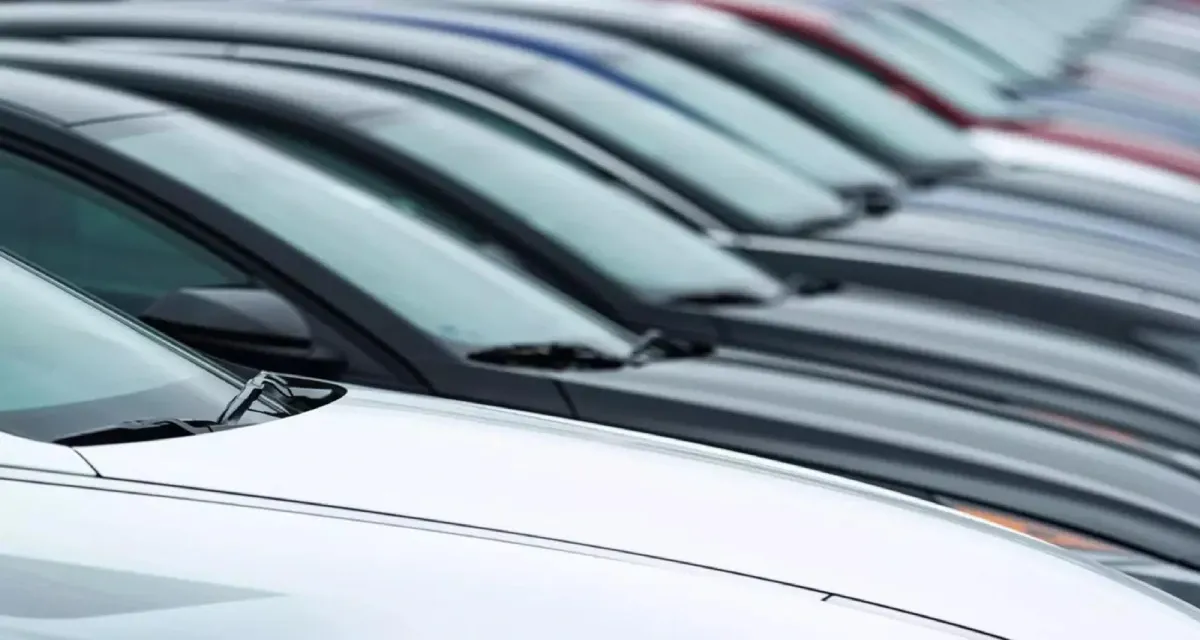

Car manufacturers in India are facing a common challenge: too many cars and not enough buyers. Despite ramping up production, demand remains sluggish, leaving dealerships with surplus stock. This situation is straining the usually cozy relationship between manufacturers and their dealer networks.
The Federation of Automobile Dealers Associations (FADA), which represents the industry, is sounding the alarm. They’re urging car manufacturers (also known as OEMs) to be more cautious in their production planning. Manish Raj Singhania, FADA’s president, is concerned that we might slip back into “old habits of over-production,” leaving dealers stuck with excess inventory.
Dealerships typically rely on bank loans to finance their vehicle stocks. These loans come with interest payments, usually due within 60 days. Recently, OEMs have asked banks to extend the credit period to 90 days, allowing dealers to hold onto more inventory.
While dealers get more time to sell their cars, it also means they’re stuck with the hidden cost of holding onto unsold vehicles. As one dealer from Rajasthan puts it, “OEMs say we have three months to rotate that inventory, but it also lets them offload more cars onto us.”
Adding to the dealers’ woes, operational costs are rising. Inflation is pushing up expenses like employee salaries. On top of that, reduced insurance margins—thanks to new regulations—have further squeezed their profits.
The current inventory levels for around 60 days’ worth of cars (approximately 550,000 vehicles) are worrying. However, we’re not at the disastrous point we reached five years ago when inventory levels hit nearly 70 days. Back then, over 280 dealerships had to shut down due to massive losses.
In summary, car manufacturers need to find a balance. While they want to keep production humming, they must avoid flooding the market with excess cars. Dealers, caught in the middle, hope for a smoother ride ahead. Let’s hope they find a way to steer through these challenges without hitting a roadblock.
Also Read: